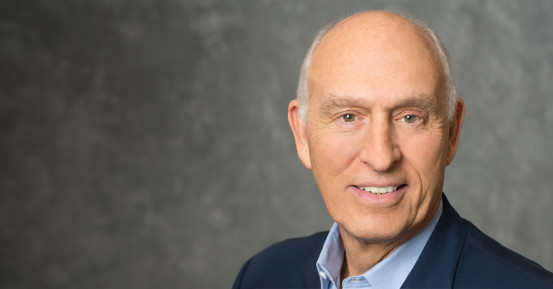New York Times Acclaims Theatre and Dance Alumni Dramedies
Published Date
Story by:
Media contact:
Topics covered:
Share This:
Article Content
This month the New York Times published their annual “Best Theatre of 2023,” which featured two standout UC San Diego Department of Theatre and Dance alumni playwrights. Dubbed the “year of dramedy,” the plays explore serious topics like the complexity of consent and familial dysfunction, each grounded in an undercurrent of humor.
“How to Defend Yourself”
Following the sexual assault of a classmate, sorority members organize a self-defense class to process myriad emotions about the attack and questions about consent in “How to Defend Yourself,” written by 2018 MFA graduate Lilianna Padilla. The work debuted at UC San Diego’s Wagner New Play Festival and was recently performed at the New York Theatre Workshop.
“I think I wrote this first and foremost as a gift to my 17-year-old self who felt deeply alone inside of limiting narratives around what it was to continue living after assault,” Padilla explained in an interview with New York Public Radio. “My hope is that it allows people to connect deeply to parts of themselves that might feel stuck or wounded…”
“The Best We Could (a family tragedy)”
The New York Times also highlighted 2016 MFA graduate Emily Feldman’s “The Best We Could (a family tragedy)” among the most “Unforgettable Moments” in theater this year. The play, produced at the Manhattan Theatre Club, centers on a cross-country journey with a father and daughter to adopt a dog to replace one that had recently passed. The road trip rouses repressed emotions that come to the surface in this tragic comedy.
“I started writing this play in 2017, which felt like a time when conversation around patriarchy and misogyny were sparking, especially between people of different generations, which were the conversations that I found most interesting,” said Feldman in a Broadway World article. “And in thinking about the many, many facets of the ‘Me Too’ movement, I really started to wonder about the relationship between daughters and their fathers in all of it, and how damaging it is when a person you love can't attune to change.”
You May Also Like
Stay in the Know
Keep up with all the latest from UC San Diego. Subscribe to the newsletter today.




